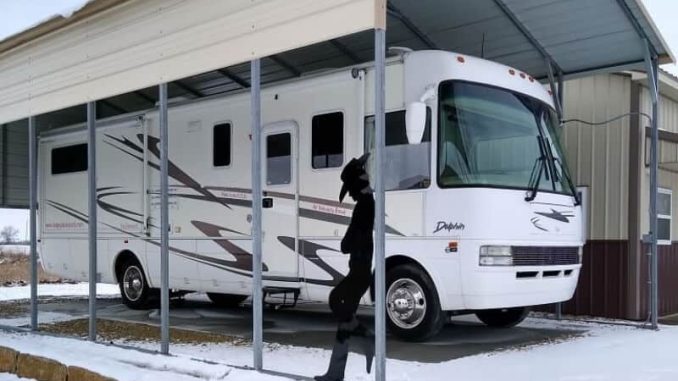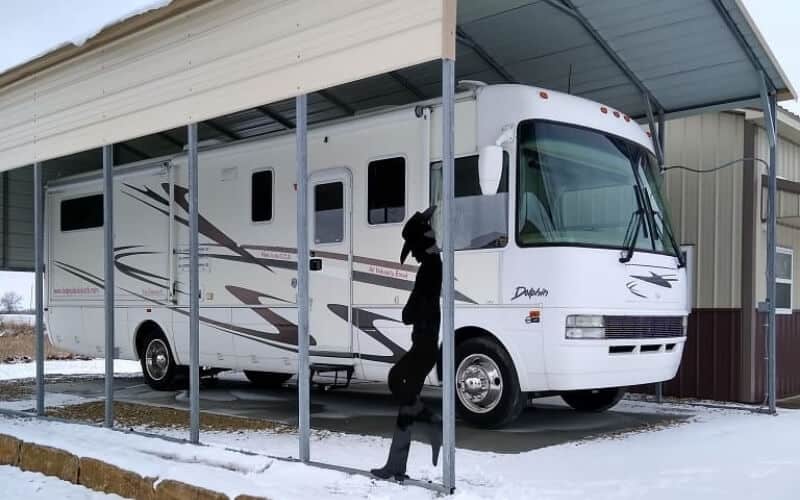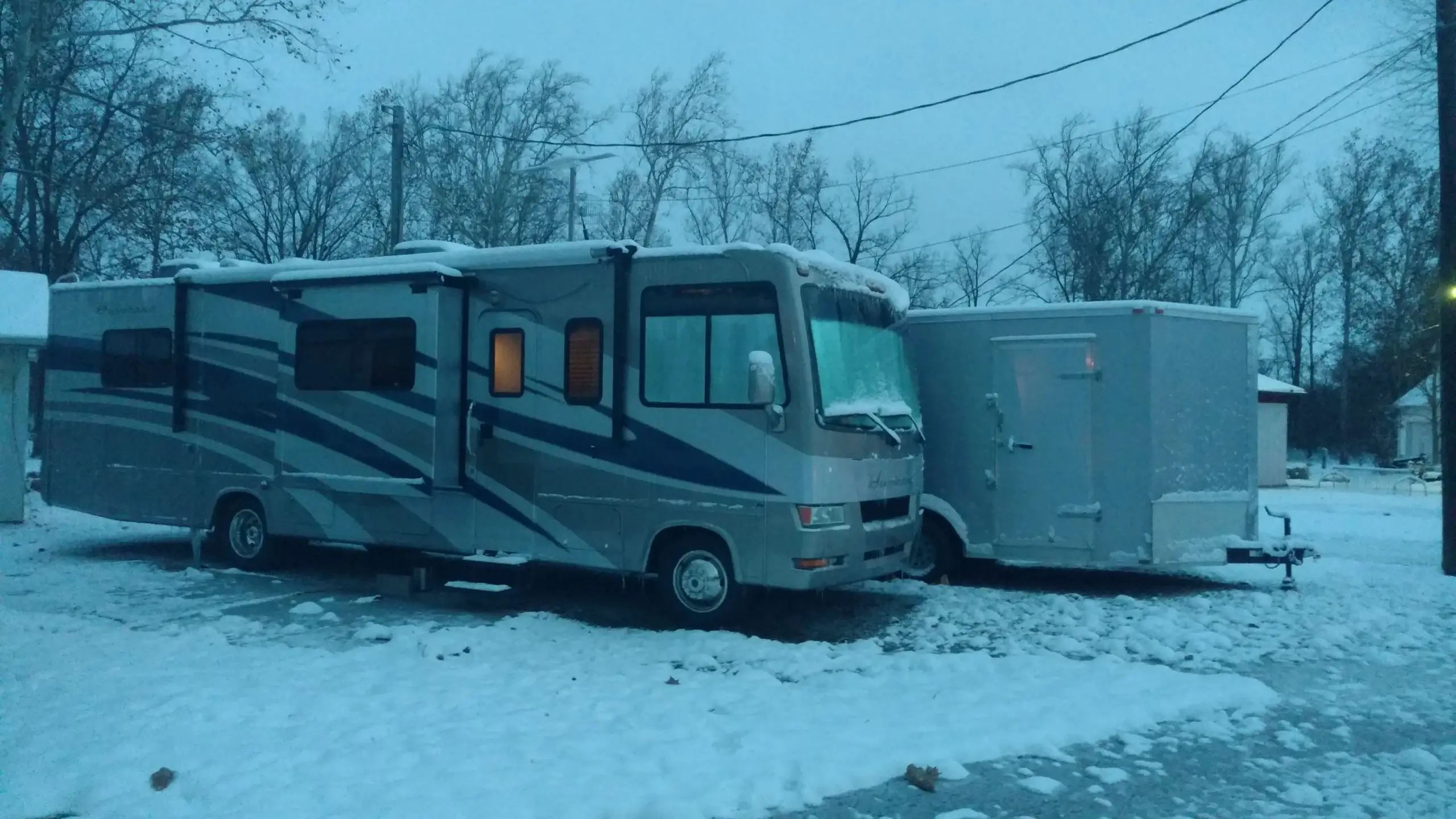
Winter can be a difficult time for those who own recreational vehicles, but proper storage and maintenance of RVs during this period is essential to protect these valuable assets from harsh weather. With careful planning and execution, winter storage for your Reno RV can be effective and affordable. Here are eight tips to help you make the most of your RV Storage in Reno.
1. Invest in Quality Covers:
The first step in protecting your RV during the cold months is investing in good quality covers that fit snugly around it. The cover should be designed with breathable fabric that allows air circulation while protecting against moisture and weather elements such as snow, ice, and wind-driven rain. Additionally, it’s wise to look for covers with UV protection properties, which will help reduce sun damage over time.

2. Clean Thoroughly Before Storing:
Before storing your RV away for the winter months, take some time to thoroughly clean all surfaces inside and out so that any dirt or debris doesn’t get trapped underneath the protective coverings you’ll have on throughout its stay in the facility. This includes washing off any dirt or grime from your vehicle’s exterior and wiping down interior spaces like shelves and cupboards with an appropriate cleaner before covering them up.
3. Add Extra Insulation:
Adding extra insulation to vulnerable areas such as windows and doors can help minimize condensation build-up which may lead to mold growth over time. You can purchase bubble wrap or fiberglass insulation online or at local hardware stores – make sure you measure accurately before purchasing materials so they fit properly when installed!
4. Monitor Tire Pressure Regularly:
Tire pressure is an important factor when it comes to preserving the life of tires over long periods of non-use; if left unchecked, tires tend to lose air pressure due to temperature changes which leads to them becoming underinflated (or worse – flat!). Check tire pressure regularly throughout storage (at least once every month) using a reliable gauge – this way, you know exactly what needs adjusting before returning your RV back out later on!
5. Store Away From Direct Sunlight:
When choosing a place to store your motorhome during the winter months, try to keep it out of direct sunlight if possible; exposure to UV rays can cause discoloration or fading of certain parts, such as decals/stickers applied to the exterior – something that will be particularly noticeable when you return to your motorhome after a long period of disuse! Instead, choose locations that receive little to no sunlight each day, such as garages or sheltered lanes behind buildings, rather than open-air locations directly exposed to the outdoors – you’ll also benefit from better temperature regulation indoors!
6. Invest in battery maintenance:
Batteries need regular maintenance if they’re to remain functional over long periods of disuse – invest some time in checking fluid levels regularly (~ once every 2 weeks), cleaning the terminals occasionally, and topping up acid levels where necessary using only distilled water (this helps prevent corrosion). Also, consider buying a trickle charger (if available) to keep the batteries charged when not in active use – otherwise the batteries can go flat quickly and leave you stranded one day!

7. Switch off appliances & unplug electrical connections:
To avoid potential electrical surges & fire hazards during storage, switch off all major appliances such as fridges, TVs, fans etc., and then unplug them – this will ensure that energy is not wasted unnecessarily & won’t put unnecessary strain on the wiring! Make sure everything is switched off properly by double-checking each time before you close up shop – it’s always better to be safe than sorry!
8. Secure all valuables inside:
Last but not least, make sure that all valuables are securely locked inside before storing them in the facilities – things like jewelry, electronics or cash should never be left outside unprotected due to the risk of theft or damage from weather elements like wind/rain etc! This is best practice whether or not you’re planning a camping trip – peace of mind never hurts, does it?

